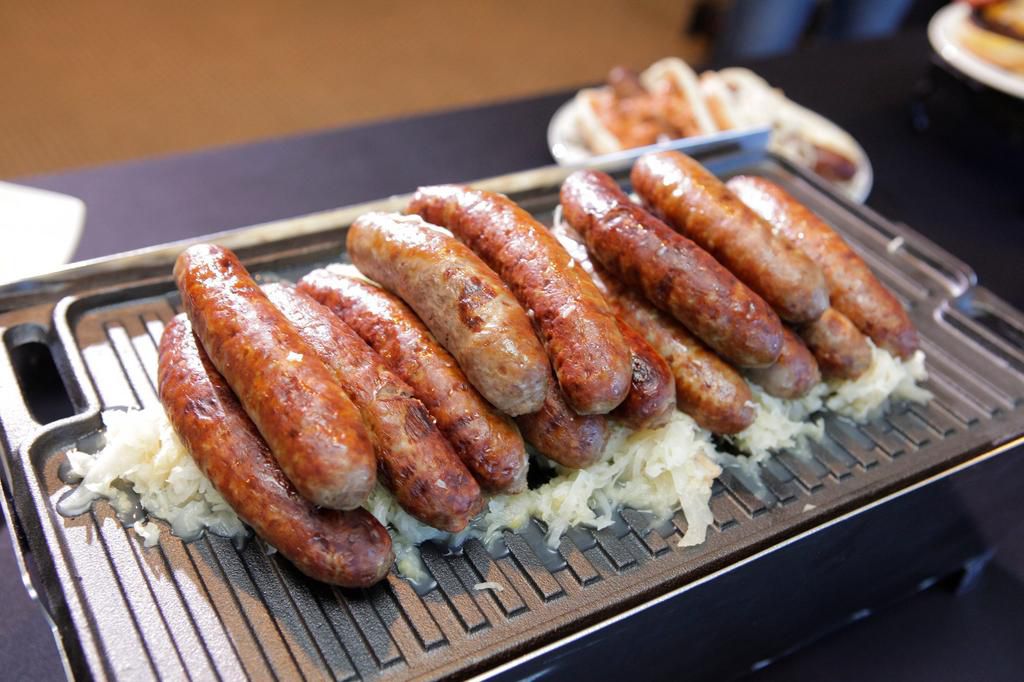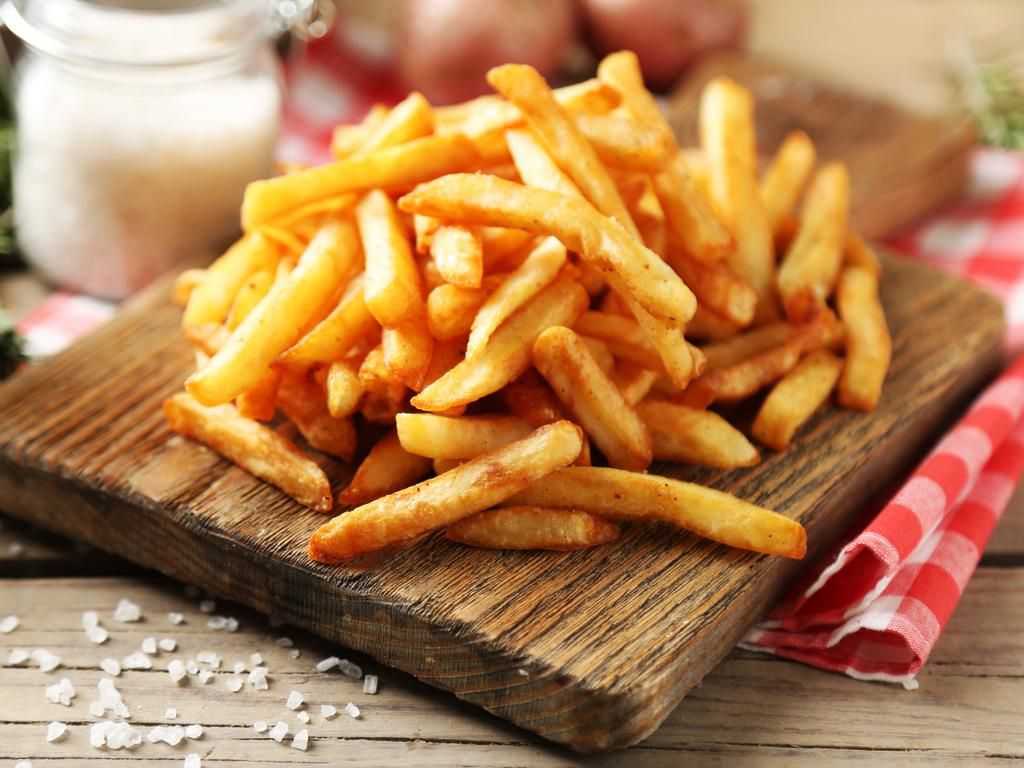7 foods that increase your chances of developing cancer
)
This outlines various foods linked to an increased risk of developing cancer, helping you make more informed dietary decisions.
Foods that have been linked to an increased risk of developing cancer include:
Processed meats:
These meats, such as bacon, sausages, hot dogs, and processed deli slices, contain chemicals that are not present in fresh meat. Their preservation methods, including smoking and curing, can result in harmful compounds.

Red meat:
Consuming large amounts of red meat like beef, lamb, and pork has been linked to an increased risk of colorectal, pancreatic, and prostate cancer.
Alcohol:
Regular and excessive consumption of alcohol can increase the risk of several cancers, including mouth, throat, liver, and breast cancers.

Sugar-sweetened beverages:
High sugar intake can lead to obesity, which is a significant cancer risk factor. Frequently consuming sugary drinks can contribute to weight gain and increase cancer risk.
Acrylamide-rich foods:
Acrylamide is a chemical found in certain foods that are cooked at high temperatures, such as fried or baked goods like French fries, potato chips, and cookies. High levels of acrylamide have been linked to cancer in animal studies.

Charred and overcooked foods:
Cooking methods that expose food to open flames or high temperatures, such as grilling or barbecuing, can produce carcinogenic substances like polycyclic aromatic hydrocarbons (PAHs) and heterocyclic amines (HCAs).
Salt-preserved foods:
Foods preserved using salt can contain high levels of sodium and certain chemicals that may contribute to an increased risk of stomach and nasopharyngeal cancers.
It’s important to balance your diet with plenty of fruits, vegetables, and whole grains while limiting the intake of the foods listed above to reduce cancer risk.
Being aware of the potential risks associated with certain foods can guide us towards healthier eating habits. While it’s important to enjoy a diverse diet, minimising the intake of foods that could increase cancer risk is a proactive step towards maintaining overall health.

![Here are 7 foods you need to eat for increased sexual stamina [Credit: Improving Men's Libido]](https://image.api.sportal365.com/process/smp-images-production/pulse.com.gh/07082024/7f28ded6-60fb-48fe-9ec0-fcc952726c62?operations=autocrop(640:427))
)
)
)
)
,fit(112:112))
)
,fit(112:112))
)
)
,fit(112:112))